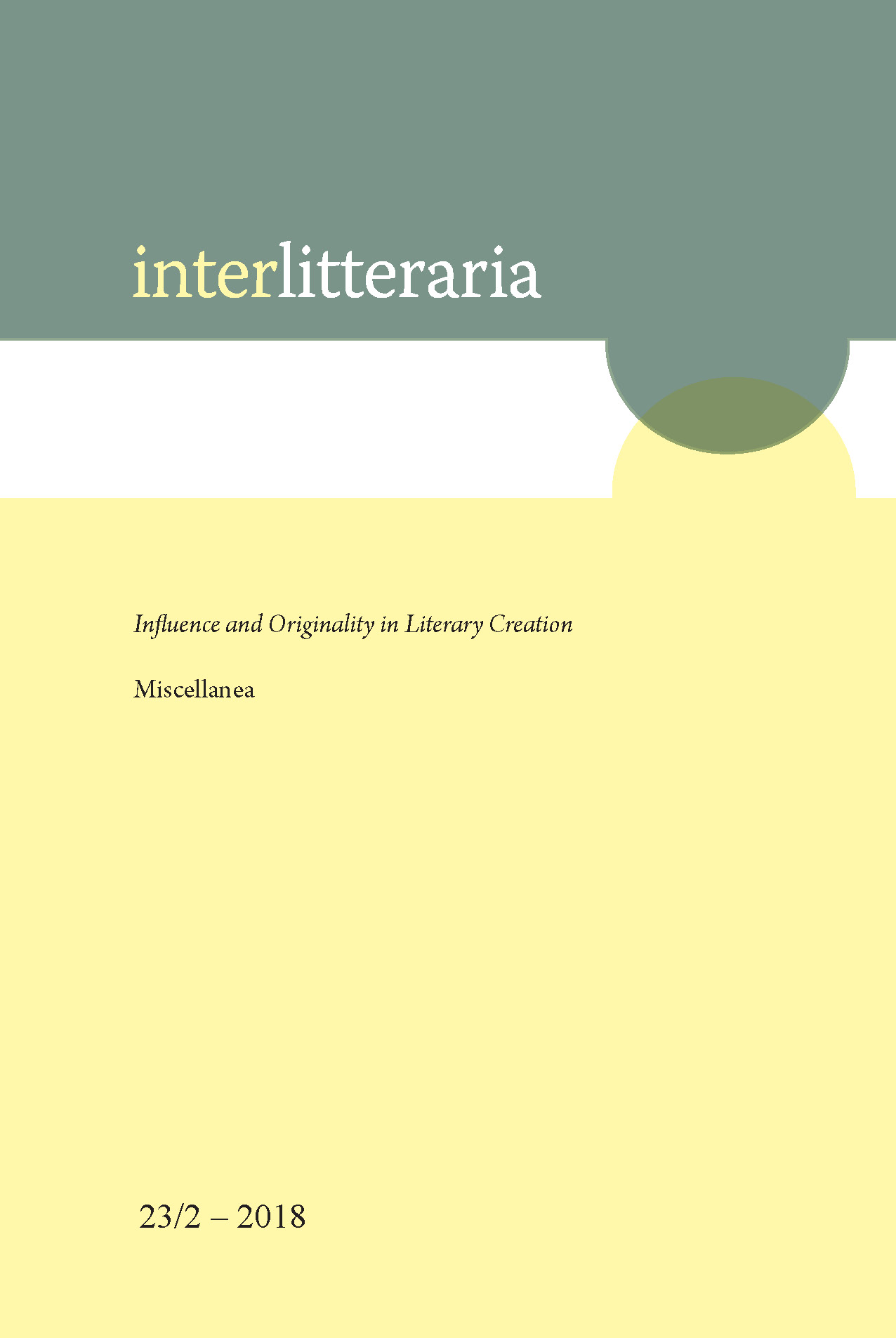Proust et Hergé : de quelques points communs entre À la recherche du temps perdu et Les Aventures de Tintin
DOI:
https://doi.org/10.12697/IL.2018.23.2.15Keywords:
Marcel Proust, Hergé, À la Recherche du temps perdu, Les Aventures de Tintin, return of the characters, imaginary of space, characters’ language, time and temporalityAbstract
Proust and Hergé: on some similarities between À la Recherche du temps perdu and Les Aventures de Tintin. Part II. This article forms the second part of our study, whose first part was published in Interlitteraria’s previous issue. We have already underlined that Proust and Hergé both adopt the principle of the return of the characters, that their works attach a great importance to the imaginary of space and that their characters use language very specifically. We continue this comparison between Proust and Hergé, focusing here on the problem of time and temporality in À la recherche du temps perdu and Les Aventures de Tintin. Time, in Proust’s Recherche, is essentially internal and defined by the juxtaposition of different moments of the narrator’s life, whereas in Tintin temporality is linear and logical on the one hand, and cyclical and immobile on the other hand. Moreover, while the past of Proust’s narrator is fundamental, Tintin seems to have no past. Proust and Hergé, eventually, focus on the problem of lost and regained time, to which they propose two different answers.
Downloads
Downloads
Published
Issue
Section
License
The contents of Interlitteraria are published under CC BY-NC-ND licence.


